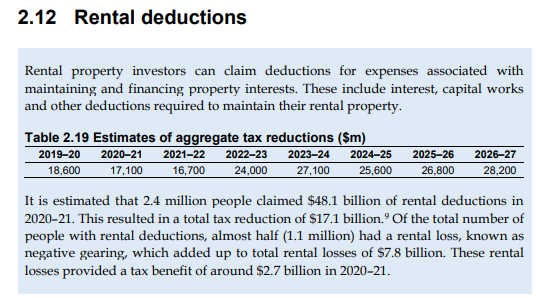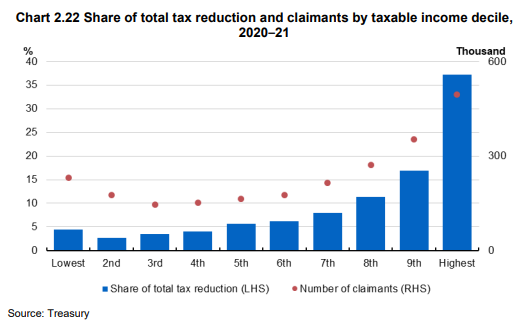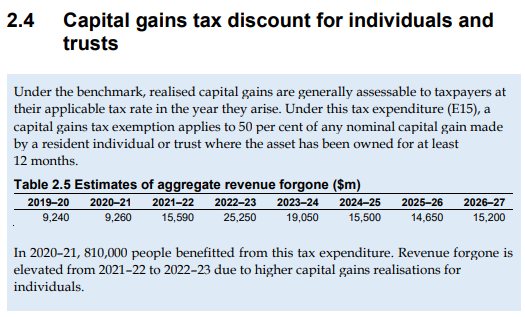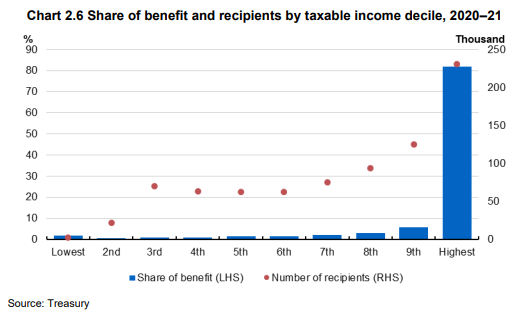Treasurer Jim Chalmers recently reiterated that the federal government is not considering any changes to the negative gearing regime or the capital gains tax discount.
However, Greens leader Adam Bandt has indicated that the party will seek changes to both tax breaks in return for supporting the government’s Help to Buy shared equity scheme.
The Greens contend that the scheme will benefit just 2% of home buyers and could exacerbate the housing affordability crisis by putting upward pressure on prices.
The Greens are seeking to limit negative gearing to only one investment property, as well as indexing the capital gains tax (CGT) discount to CPI inflation, as it was pre-1999.
I no longer view negative gearing as a significant driver of Australian house prices, given New Zealand banned negative gearing on 1 April 2019, only to see house prices boom.
That said, negative gearing does skew the housing market away from first-home buyers toward investors and costs the federal budget significant sums in lost revenue.
These losses were explained in the Australian Treasury’s 2023-24 Tax Expenditures and Insights Statement report.

Source: Australian Treasury
Treasury estimates that “rental losses provided a tax benefit of around $2.7 billion in 2020-21”.
Moreover, these tax benefits overwhelmingly benefit higher income earners:

As shown above, rental losses are forecast to have increased significantly since 2020-21 given the sharp rise in interest rates and investor mortgage payments. Accordingly, tax benefits will also have increased sharply.
The capital gains tax (CGT) discount, which “applies to 50% of any nominal capital gain made by a resident individual or trust where the asset has been owned for at least 12 months”, is estimated by the Australian Treasury to cost some $25 billion in foregone revenue in 2022-23:

Source: Australian Treasury
Moreover, the overwhelming majority of these tax benefits flow to high income earners:

Clearly, it makes policy sense to curb negative gearing and CGT concessions on both equity and budget sustainability grounds alone.
Otherwise, the tax revenue will need to be made up elsewhere, most likely by taxing worker incomes even harder.

